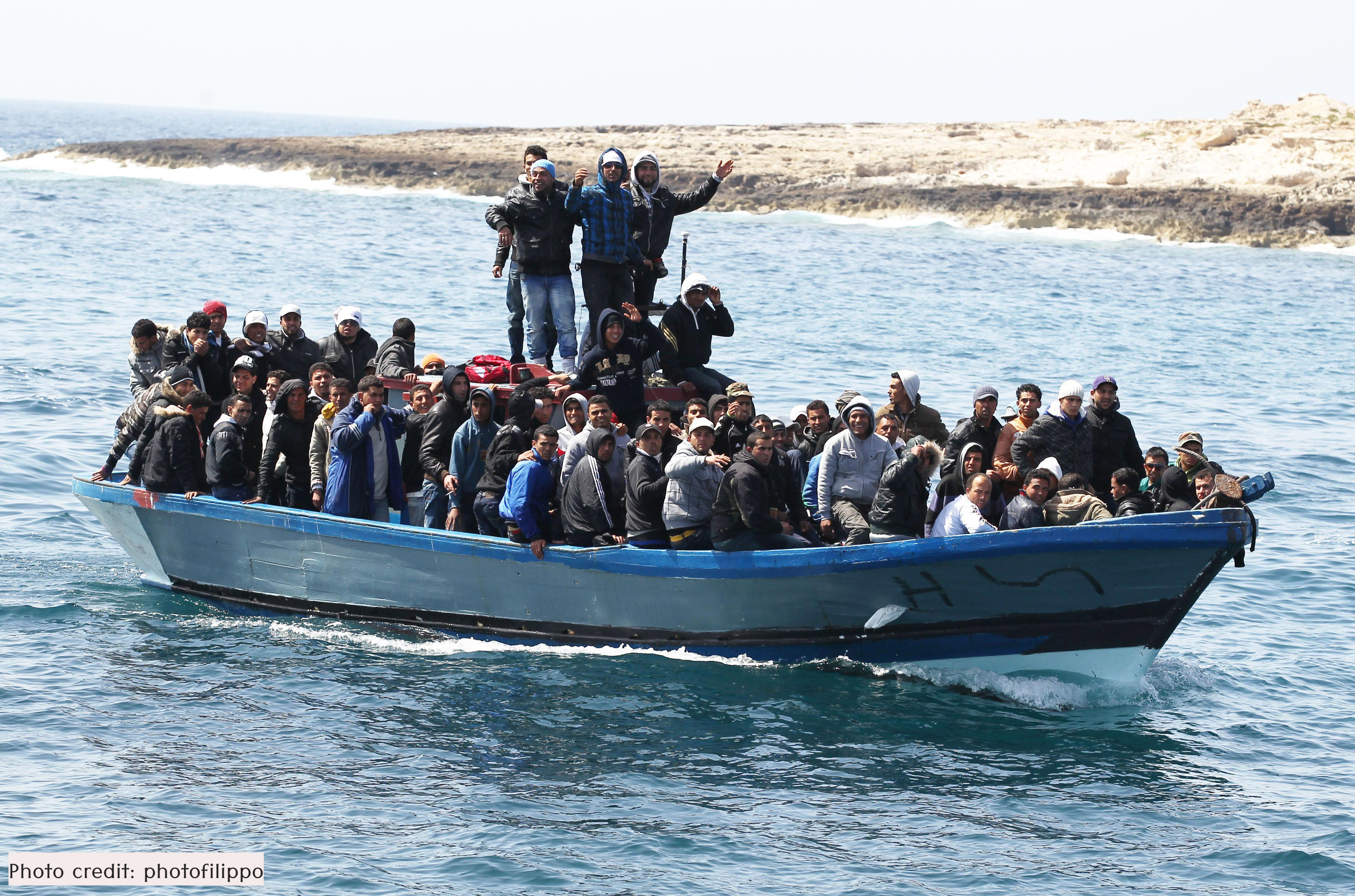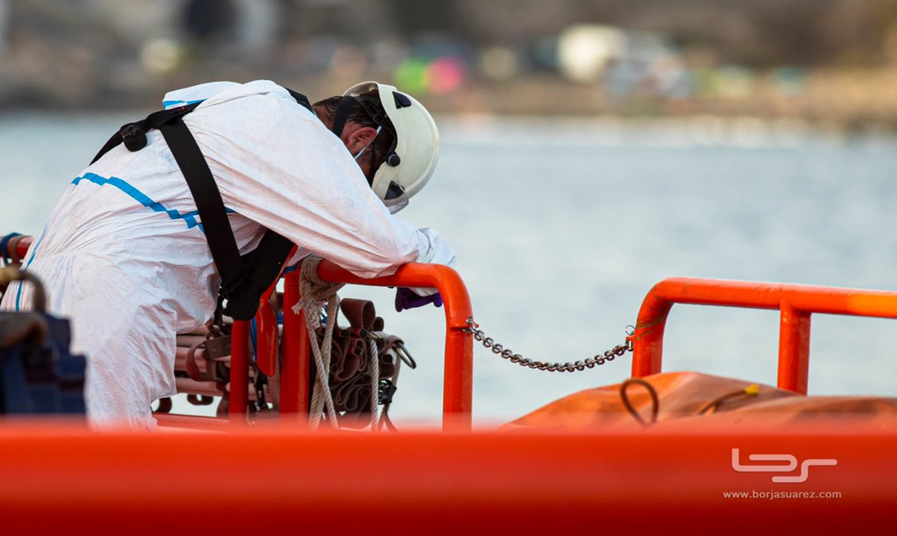This month, the European Union Commission is expected to present a new Pact on Asylum and Migration. While this could have presented an opportunity to advance the rights of migrants and asylum seekers in Europe, there are many reasons for concern, in particular in relation to ‘externalisation’.
Over the past years, the EU has increasingly tried to externalise its asylum responsibilities, weakening its legal obligations as well as the very real protection it ought to grant to refugees and displaced people. Here is an overview of four areas most affected.
Third-country cooperation
While collaboration with third countries to reduce the number of migrants and refugees arriving in Europe is clearly a priority for the European Union, this raises acute concerns from a human rights perspective.
Any such cooperation would need to ensure the safeguarding of fundamental human rights, and should not lead to the offloading EU responsibilities onto third countries without a functioning asylum system – but it’s failed to live up to these standards so far:
- In March 2019, the EU applauded its third year of cooperation with Turkey for leading to a 97% drop in daily arrivals, yet the humanitarian situation in Greek hotspots continues to deteriorate and is currently worse than ever before in the lead-up to the fourth-year milestone.
- Similarly, while the Spain-Morocco bilateral agreement supported by the EU led to a decrease in arrivals, the cost was a significant increase in the loss of human lives at sea.
Any third-country cooperation agreement should have human rights at its centre. They should only be signed with countries that have a fully functioning asylum system and comply with international human rights law. Similarly, the European Border and Coast Guard Agency, which has been strengthened and seen its mandate expand in third countries, must act with full respect for fundamental rights.
Reform of the Common European Asylum System (CEAS)
In 2016, the Commission proposed changes to the CEAS that risked externalising asylum proceedings to third countries. The rules introduced a systematic and mandatory “admissibility procedures” based on the concepts of “safe third country” and “country of first asylum”, at the risk of obstructing access to asylum procedures and at the expense of the fundamental right to asylum which the EU and its members’ states are legally obliged to. While there have been no new (public) developments since this remains relevant in light of the upcoming Pact on Asylum and Migration.
Regional disembarkation agreements
In 2018, the European Council and the Commission started exploring the concepts of “regional disembarkation agreements” and “controlled centres”. While nothing concrete has been produced, EU member states are said to continue working on this issue.
At RRE we believe that:
- Disembarkation platforms or arrangements should be prohibited in states without a functioning asylum system, that are not parties to the 1951 Geneva Convention and the 1967 New York Protocol, and/or that do not comply with international human rights law.
- The concept of “controlled centres” should be dropped as they reinforce the failed hotspot approach. Instead, they should be replaced by open reception and asylum processing centres that allow for full access to EU asylum procedures and do not facilitate unlawful ‘returns’ beyond EU territory.
- Any work on disembarkation cannot happen between Member States behind closed doors. It needs to be transparent and involve a range of stakeholders, including third-country partners, civil society, academic researchers and experts, UN agencies and private actors.
Operations at sea and disembarkation in the EU
EU search-and-rescue missions in the Mediterranean are lacking, with only 4 in operation at the end of 2019. There should be a well-functioning and sufficiently resourced EU plan for search and rescue missions in the Mediterranean.
It should allow individuals to disembark in the EU and not be sent back to countries where they would face torture, inhumane or degrading treatment or arbitrary deprivation of liberty. The growing move to criminalise NGOs and individuals conducting search and rescue operations at sea, as well as EU political interferences in humanitarian activities, are highly worrying and must stop.
In sum, ahead of the unveiling of Commission’s proposed new asylum and migration pact, we have been communicating our key positions and recommendations to relevant stakeholders. Our recommendations would help to ensure Europe meets its obligations under international law. The picture, however, is looking rather bleak and only time will tell to what extent the EU and its member states will pursue the line of externalisation and offshoring of responsibilities – at the expense of human security and rights.





